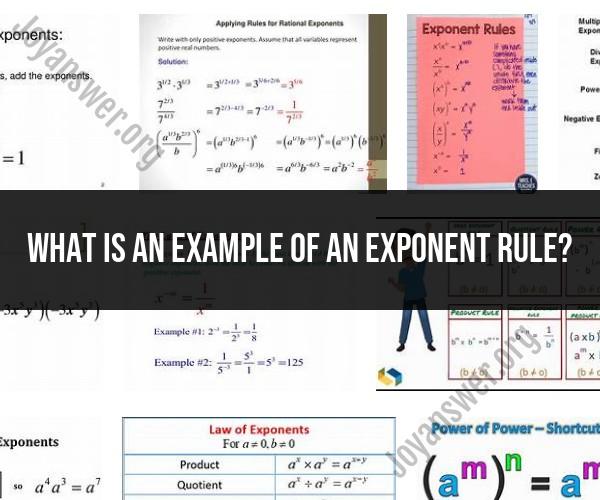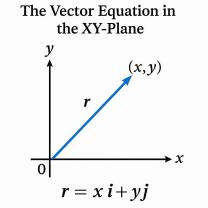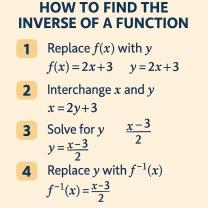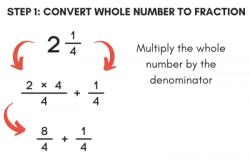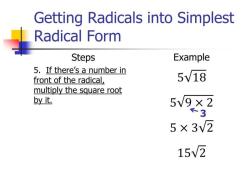What is an example of an exponent rule?
Exponent rules are fundamental in simplifying and manipulating expressions involving powers. These rules help us perform operations with exponents, making complex calculations more manageable. Let's delve into exponent rules through a series of examples:
1. Multiplying Exponents with the Same Base
When multiplying terms with the same base, add the exponents:
Example: \(a^3 \cdot a^4 = a^{3+4} = a^7\)
2. Dividing Exponents with the Same Base
When dividing terms with the same base, subtract the exponent in the denominator from the exponent in the numerator:
Example: \(\frac{b^8}{b^2} = b^{8-2} = b^6\)
3. Power of a Power
When raising an exponent to another exponent, multiply the exponents:
Example: \((x^2)^3 = x^{2 \cdot 3} = x^6\)
4. Negative Exponent
A negative exponent indicates taking the reciprocal of the base with a positive exponent:
Example: \(c^{-4} = \frac{1}{c^4}\)
5. Zero Exponent
Any nonzero base raised to the power of zero is equal to 1:
Example: \(d^0 = 1\)
6. Product of Powers
When multiplying terms with the same exponent, multiply the bases:
Example: \(2^5 \cdot 3^5 = (2 \cdot 3)^5 = 6^5\)
7. Quotient of Powers
When dividing terms with the same exponent, divide the bases:
Example: \(\frac{5^4}{2^4} = \left(\frac{5}{2}\right)^4\)
8. Negative Exponent in a Fraction
If a fraction has a negative exponent, move the base to the opposite side of the fraction line and change the sign of the exponent:
Example: \(\frac{1}{f^{-3}} = f^3\)
Conclusion
Exponent rules provide powerful tools for simplifying and solving problems involving powers. By applying these rules to various scenarios, you can efficiently manipulate expressions and perform calculations with exponents, enhancing your mathematical problem-solving skills.
